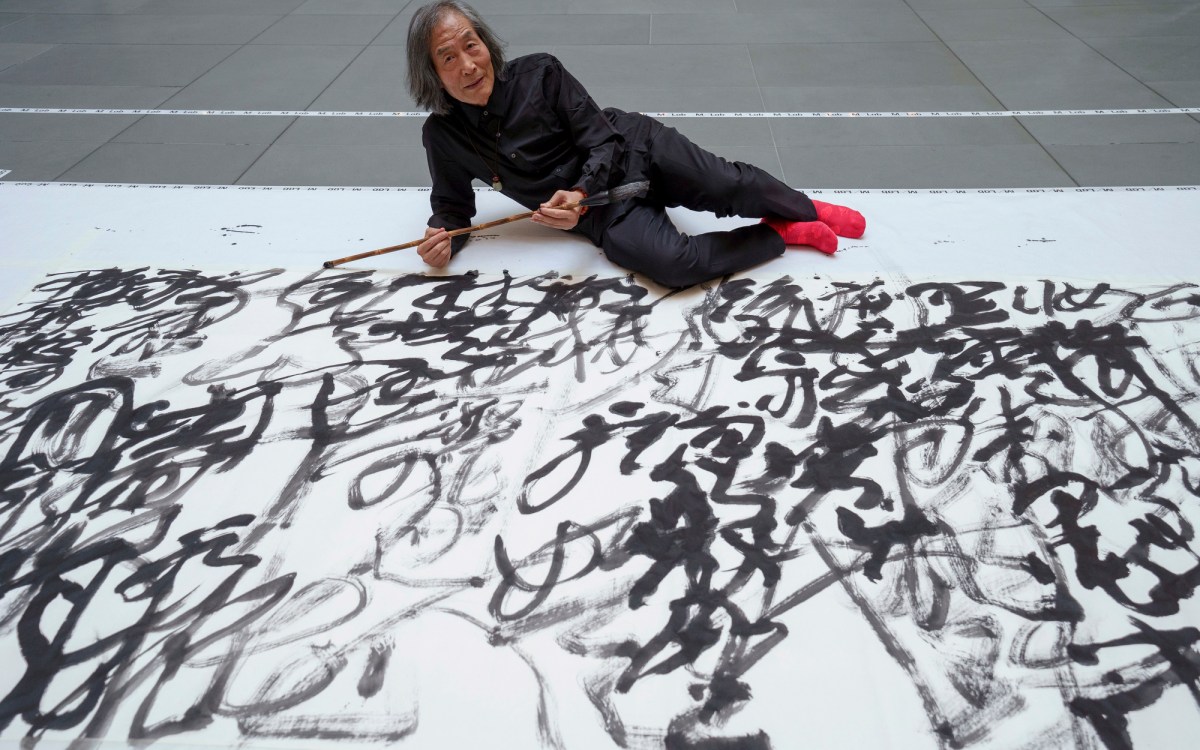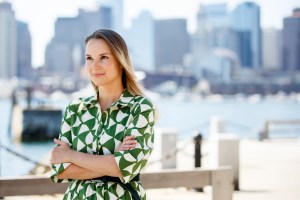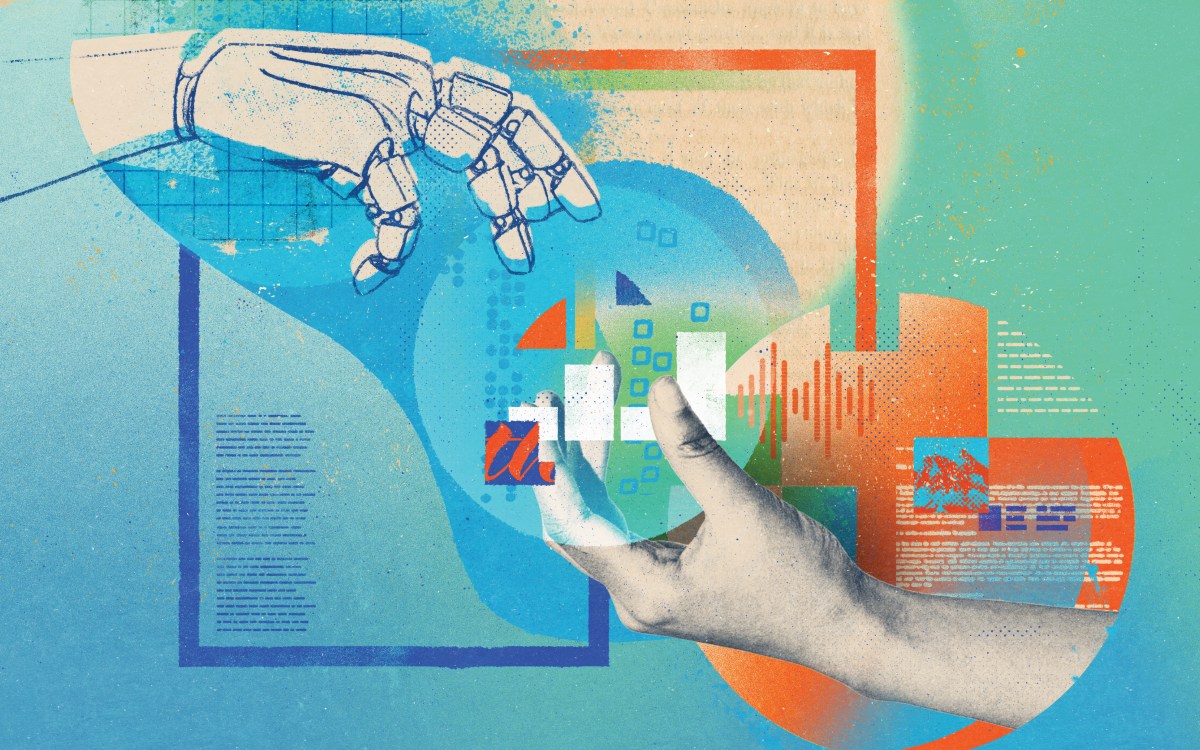Harvard Club of Australia announces fellows
The Harvard Club of Australia Foundation has announced its 2014 fellowships recipients, including three Harvard researchers intending collaborative scientific research in Australia and one Australian researcher headed to Harvard. As in previous years, the foundation’s grants will assist with travel and living expenses.
The fellows are:
Simon C. Robson, division chief of gastro-hepatology, Transplant Institute, Dept. of Medicine, Beth Israel Deaconess Medical Center. His special focus is xeno-transplantation, the transplantation of organs between species, e.g. pig to human. During one month in October 2014 he will work with Wayne Hawthorne, of Westmead Hospital, Sydney, and others for the “development of new technologies to enable the manipulation of molecules on the surface of the cells of the xeno-organs we wish to use to transplant.” Robson will also lecture at post graduate education courses in Sydney and be a keynote speaker at the national Transplantation Society’s annual scientific meeting in Canberra.
Ali Khademhosseini, Harvard-MIT Division of Health Science & Technology, Harvard Medical School, and the Wyss Institute for Biologically Inspired Engineering. With his noted expertise in research commercialization and translation, he will work with Dietmar Hutmacher of the Institute of Heath & Biomedical Innovation, Queensland University of Technology, to assess and advise on the current state of research translation at QUT’s four research institutes, then kick start two selected projects. He will make two visits, each of two weeks during May and December 2014. Ali will also conduct two workshops on research translation “for the entire Brisbane research community.”
Christopher S. Rogan, junior fellow, Harvard Society of Fellows, Dept. of Physics, Harvard. Rogan is a leader in the study of particle physics, such as phenomena behind the sun’s fusion reactions, Higgs mechanisms and more. His collaborator is Paul Jackson, leader of Adelaide University’s experimental particle physics group where they intend to expand the new approach to searching for new stable massive particles. Rogan will make two visits totaling 10 weeks in March and June, 2014. He will also participate in various nationwide workshops and Centre of Excellence meetings.
Roger Fulton, co-director of imaging sciences, Brain & Mind Research Institute, University of Sydney, will spend six weeks starting July 2014 developing better methods of compensating for patient motion in detecting and characterizing cancers and neuro conditions using PET/CT and PET/MR. He has four inter-related programs planned at Massachusetts General Hospital, working with 2013 Australia-Harvard Fellow Professor Georges El Fakhri.





